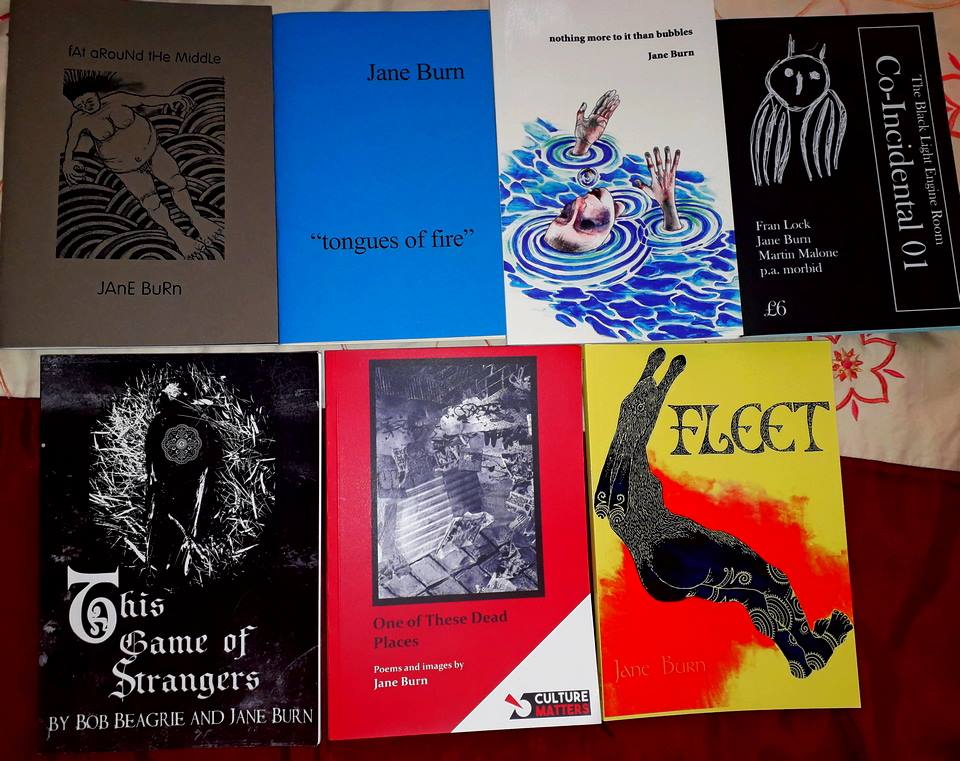
JANE BURN – POETRY AS HARD GRAFT, INSPIRATION, REACTION OR EXPERIMENT?
I interviewed poet & artist Jane Burn who won the Michael Marks Environmental Poet of the Year 2023-24 with A Thousand Miles from the Sea.
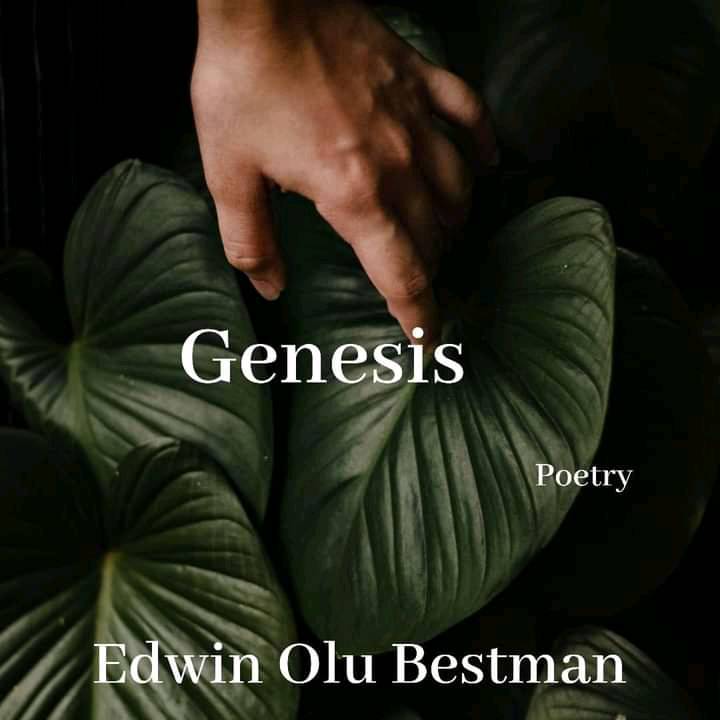
I interviewed Liberian poet Edwin Olu Bestman who writes about war and loss in magical and surprising ways. He says about his work, “My poems begin with a scratch and they grow into beauty.” Edwin is the author of two books, Genesis and Raindrops, he has co-authored several anthologies and his poems have appeared in numerous magazines.
Leslie: How has your upbringing in Liberia shaped you as a person and as a poet?
Edwin: Liberia is a country that has suffered fourteen years’ civil crisis and numerous other things. We lost many things to the war. As a Liberian growing up in Liberia, I did decide to tell my story. I wanted my voice to be heard. The war has helped me to tell my story and growing up in my country is not an easy task. Every time I have a feeling of those many things, I write them into poems. Most importantly, I would say the war and my late parents helped me become a better poet.
Leslie: You’re called the ‘Magical Poet’. Why? What’s behind the title?
Edwin. My pen name is “Magical Poet”. I got this name from some of my colleagues in the field. Whenever they read my work, they say it’s magic. I twisted the magic into magical and then I added the poet. I do believe of every poem of mine is magical – ‘cause I put in my emotions, feelings, scars and thoughts into words.

Leslie: Tell us about your successes as a poet. Who and what circumstances do you have to thank for these achievements?
Edwin: I don’t like to talk about achievements. My achievement lies in one thing: when people are able to read my works and stay alive. Getting people inspired and helping them to regain faith. And telling my story is a success to me. I’m happy enough that thousands of people can read my story and get inspired. The civil war and my late parents brought me into poetry. It was the beginning of my success. I believe success is when my voice is being heard. Many thanks to Dr. Patricia Jabbeh Wesley, poets Jeremy Teddy Karn, Eduardo De Bosco, Abdul R. Kiawu and etc. These people have helped me along the way. By God’s grace, I am influencing people across the African continent – that’s success.
Leslie: How does a poem of yours begin, grow and develop?
Edwin: Usually, a poem of mine begins with a feeling. I always do my walks with a pen. The reason is, when I see situations or experience different things, I write them into crazy lines. And when I am back home, I arrange them the way I want it. It takes me two or more days to complete a single poem. Every poet has a voice. In my poems, I don’t want to sound like others. I want to write like me. I want my voice to be me. My poems begin with a wscratch and they grow into beauty.. Sometimes writing those poems happens randomly and other times inspirationally. My poem’s pattern is simple – but daring, soulful and engraved with grief.
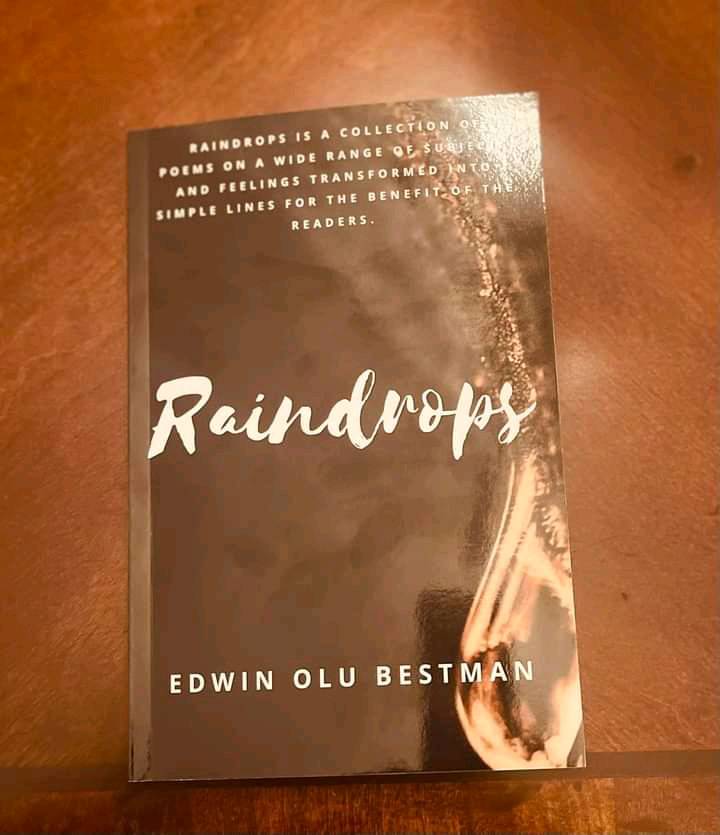
Leslie: What do you find are the most common changes you make to your poems in the process of edit? What have you learned about yourself from the process of edit/being edited by others?
Edwin: In the process of editing, I read my poems repeatedly. I read them more than three times to observe the flow. If I am not hearing myself within, I’ll continue to twist it until it suits it. Secondly, my word choice is very high. I love to use smaller words to convey something huge. But those smaller words take time to come in my mind. I am very careful of the type of word I use in my writing. It helps me to stay simple and original. For the length of time I’ve edited my own poems, it feels amazing. I don’t change my voice. It remains the same all the time. When people do edits sometimes, they change the mood, the tone and the flow, and I don’t get to hear my voice.
Leslie: Could you select a short seminal poem of yours, please, and comment in any way you feel appropriate.
Edwin: This is a piece published in Eremite Magazine. It’s a piece I wrote about Liberia – concerning insincerity, corruption and dishonesty.
SURVIVING THEORY:
a poem for liberia
By Edwin Olu Bestman
there are many ways to survive in liberia.
i.
break yourself into our country’s politics
& raise battle cries to appease deceitful men who see themselves as gods.
ii.
wear a beret with an army jacket & a
boot too.
your body making a way into our streets
& blood pumping out of your skin is an evidence for loyalty.
iii.
it is a belief to ignore what is right.
so, our people continue to hold their master’s words like good seeds
& plant it under the garden of their tongue for safety.
iv.
integrity is another tree planted on the roadways of our country’s body.
for people wanting to stay alive:
they usually carry lies upon their shoulders for survival.
v.
since my country is a troubling home
where many things have unloved themselves.
this poem too has unloved itself & fighting for survival.
vi.
i pray someday everything in this poem becomes survivors.
like people who survived our country’s fourteen years of civil war
& nothing is left to kill within.
Next week, I interview Janet Lees, who is a follower of the rule of St Benedict, about her quilts and her long-distance walks across Britain.
ABOUT LESLIE TATE’S BOOKS:

I interviewed poet & artist Jane Burn who won the Michael Marks Environmental Poet of the Year 2023-24 with A Thousand Miles from the Sea.
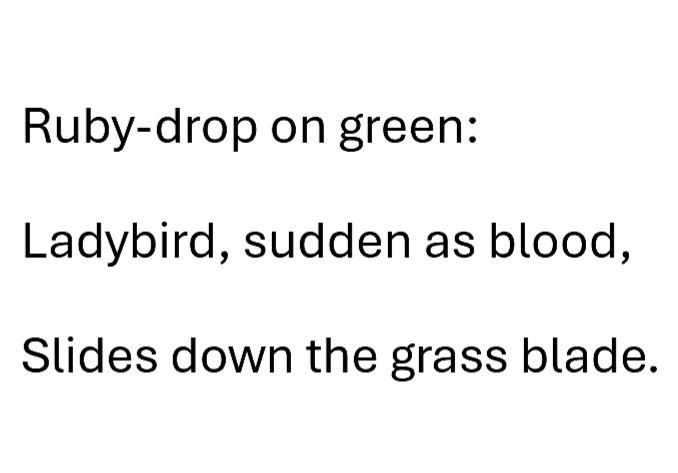
I interviewed ex-broadcaster and poet Polly Oliver about oral and visual poetry, her compositional methods, and learning the Welsh language. Polly says, “I absolutely love
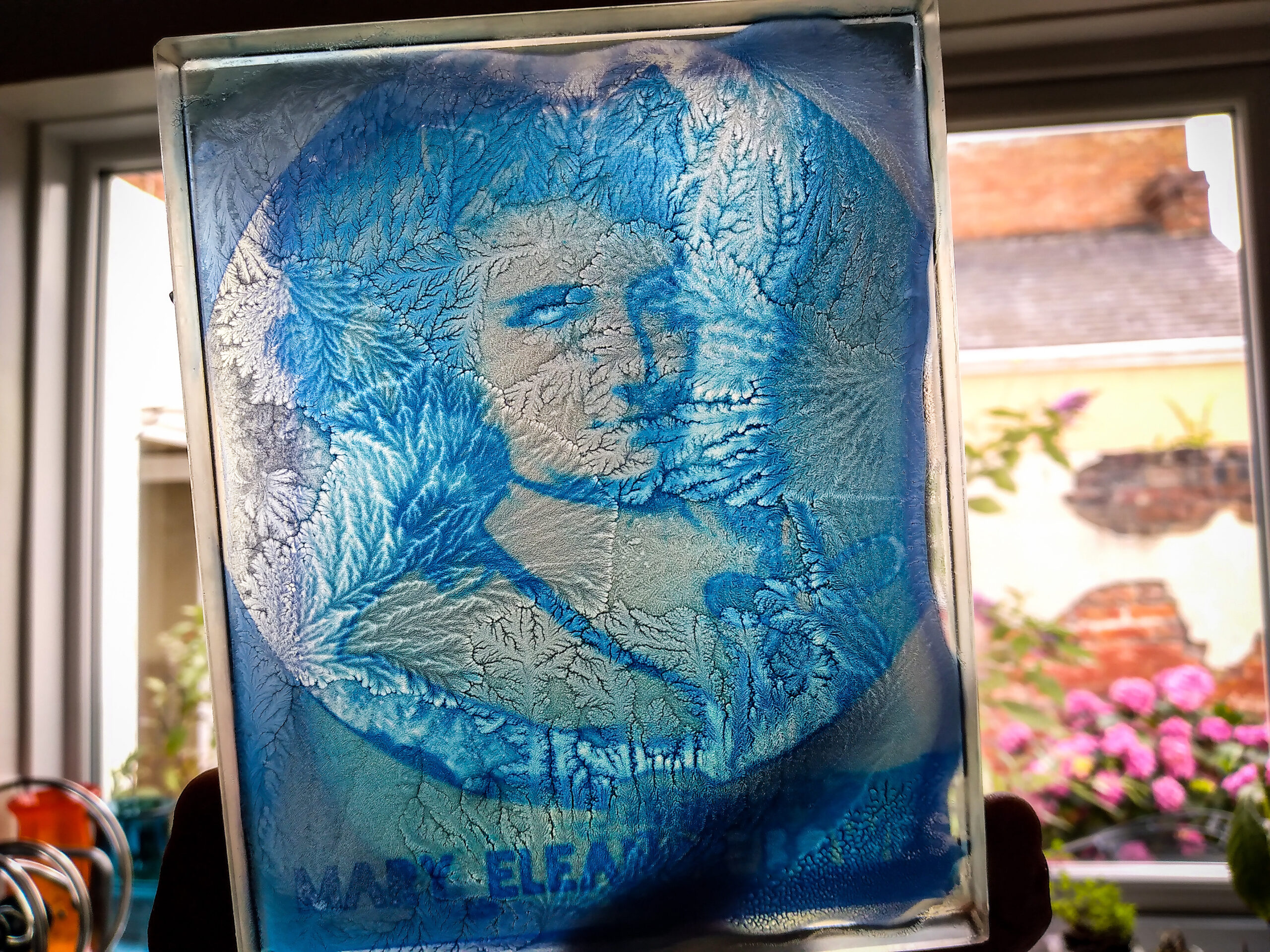
I interviewed Jo Howell who says about herself: “I’ve been a professional photographic artist since I left Uni in 2009. I am a cyanotype specialist.
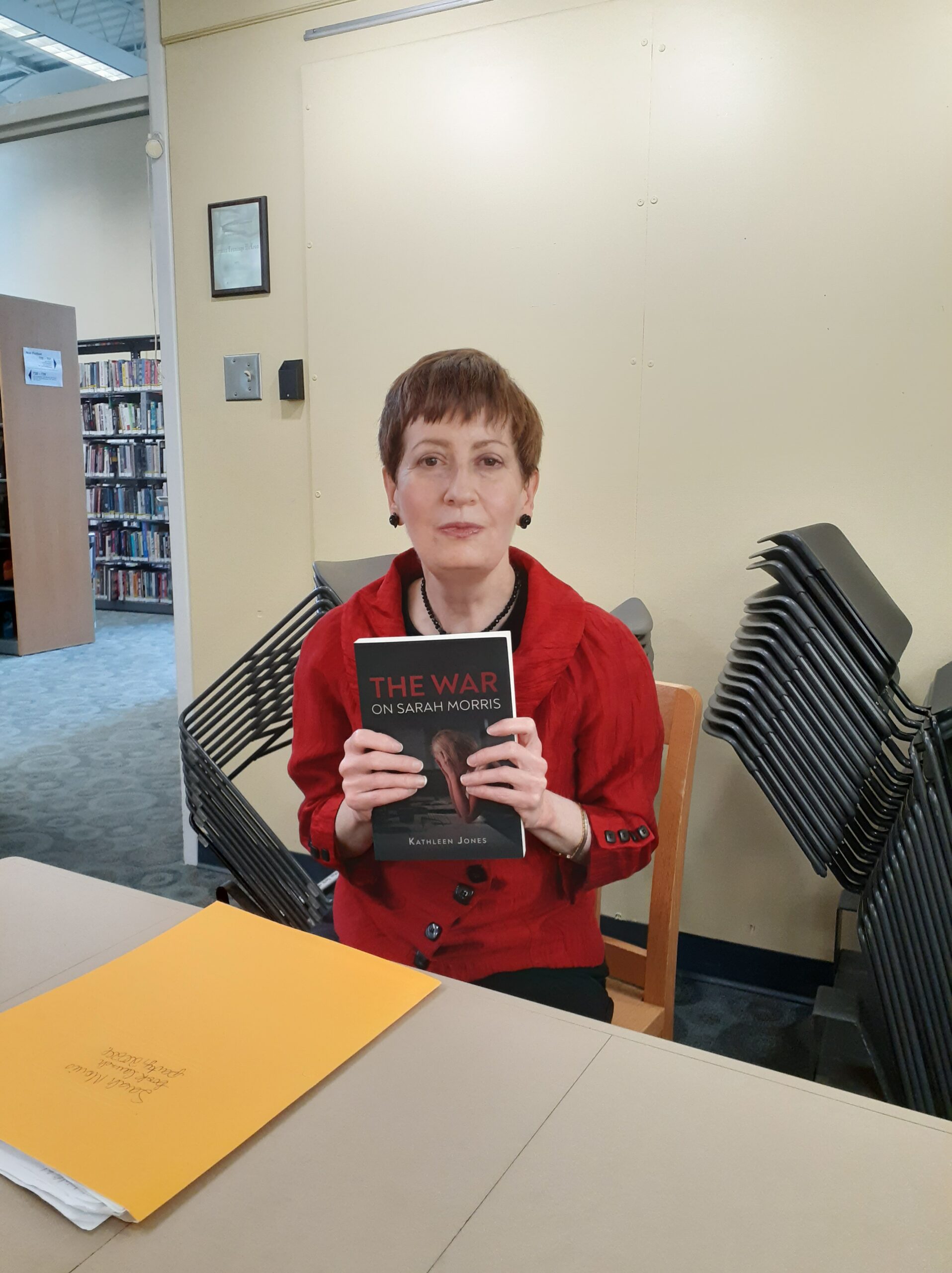
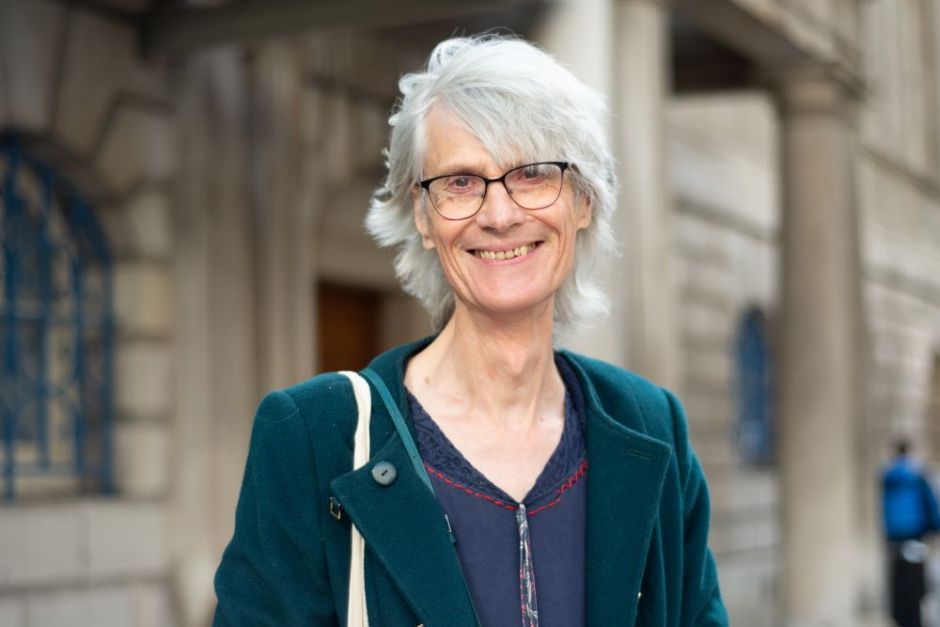
Poet Tracey Rhys, writer of Teaching a Bird to Sing and winner of the Poetry Archive’s video competition reviews Ways To Be Equally Human. Tracey,
| Cookie | Duration | Description |
|---|---|---|
| cookielawinfo-checkbox-analytics | 11 months | This cookie is set by GDPR Cookie Consent plugin. The cookie is used to store the user consent for the cookies in the category "Analytics". |
| cookielawinfo-checkbox-functional | 11 months | The cookie is set by GDPR cookie consent to record the user consent for the cookies in the category "Functional". |
| cookielawinfo-checkbox-necessary | 11 months | This cookie is set by GDPR Cookie Consent plugin. The cookies is used to store the user consent for the cookies in the category "Necessary". |
| cookielawinfo-checkbox-others | 11 months | This cookie is set by GDPR Cookie Consent plugin. The cookie is used to store the user consent for the cookies in the category "Other. |
| cookielawinfo-checkbox-performance | 11 months | This cookie is set by GDPR Cookie Consent plugin. The cookie is used to store the user consent for the cookies in the category "Performance". |
| viewed_cookie_policy | 11 months | The cookie is set by the GDPR Cookie Consent plugin and is used to store whether or not user has consented to the use of cookies. It does not store any personal data. |
12 responses
I am already inspired by your piece. Thanks Edwin Olu Bestman for sharing your thoughts and story to inspire and impact your country.
I also want to say thanks to Leslie for the interview done with you.
And thank you for commenting!
Thanks a million, Fatu. I do appreciate the kind comment.
Great interview. Your process is unique, Olu, and I love your strive to stay authentic. Keep performing magic, Magical. Much love.
🙂 🙂 🙂
Thank you so much, brother. I do appreciate ❤️
This is indeed magical. Keep inspiring others as they read those simple and fascinating poems of yours.👏🏽👏🏽
Thank you a lot. I do appreciate
I love your work so .❤❤
Thanks 🥰🥰🥰🙏🙏
Thanks a million, friend.
I salute you Edwin, Liberia is such a beautiful and lovely place and if we write up our stories through poems, magazines, and books, the world will truly see the beauty of Mama Liberia 🇱🇷.
Thank you for inspiring me to be a better version of myself everyday 🙏🏿
✌🏽❤️🇱🇷
Great job Edwin, your works hold substantial evidence about the daily reality of our motherland. Keep inspiring our generation and I cannot tell how proud I am to see you winning every single day. Good luck from my end brother!